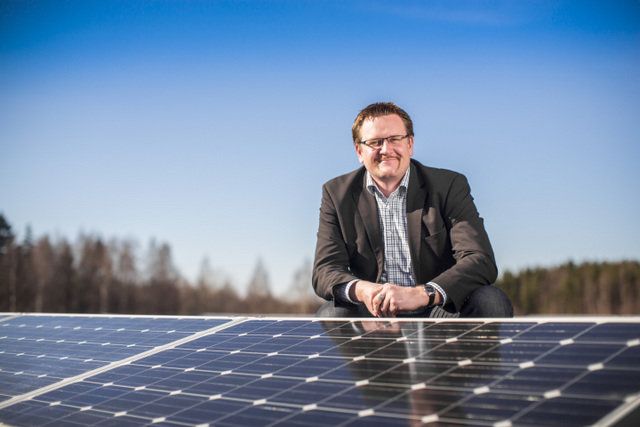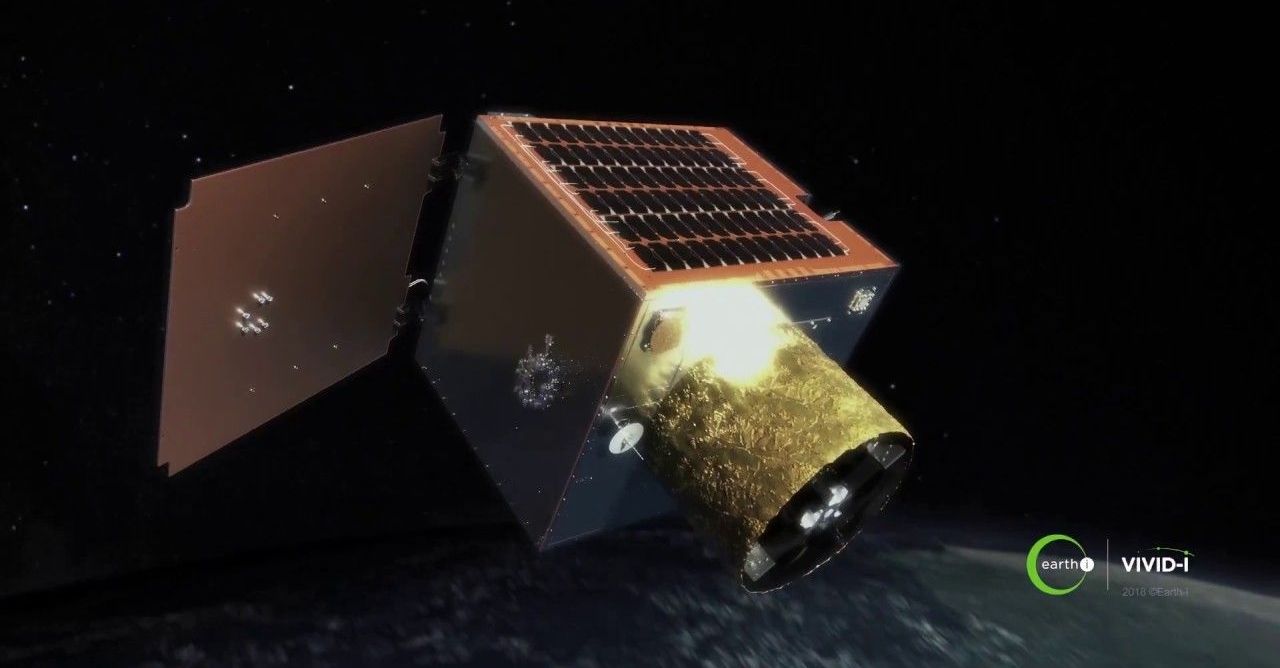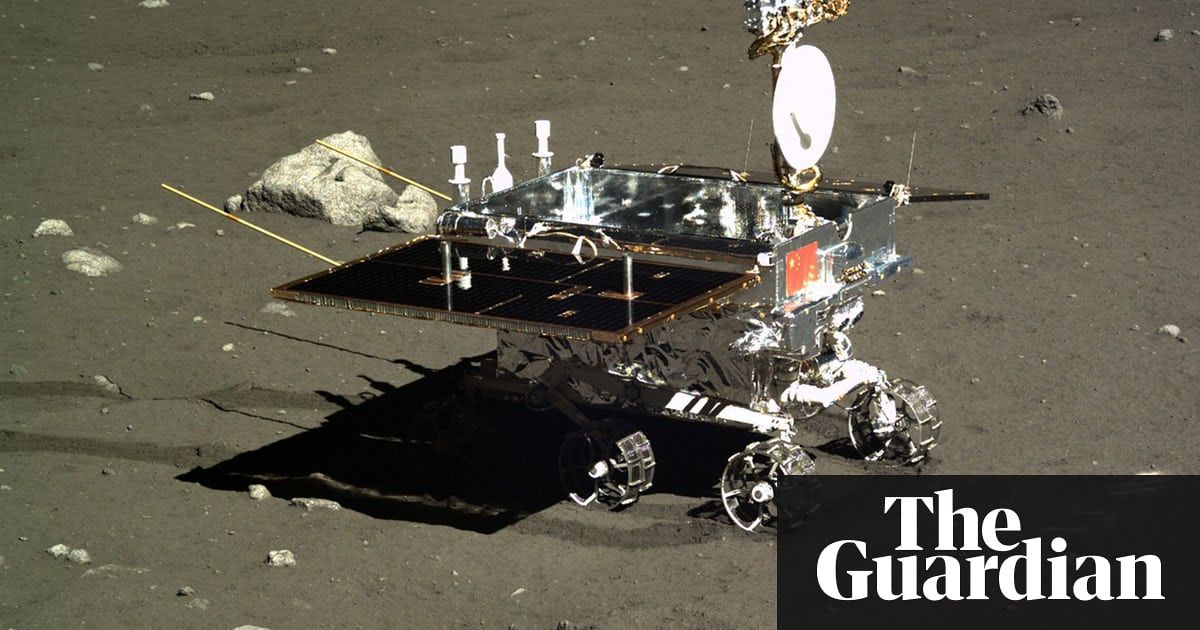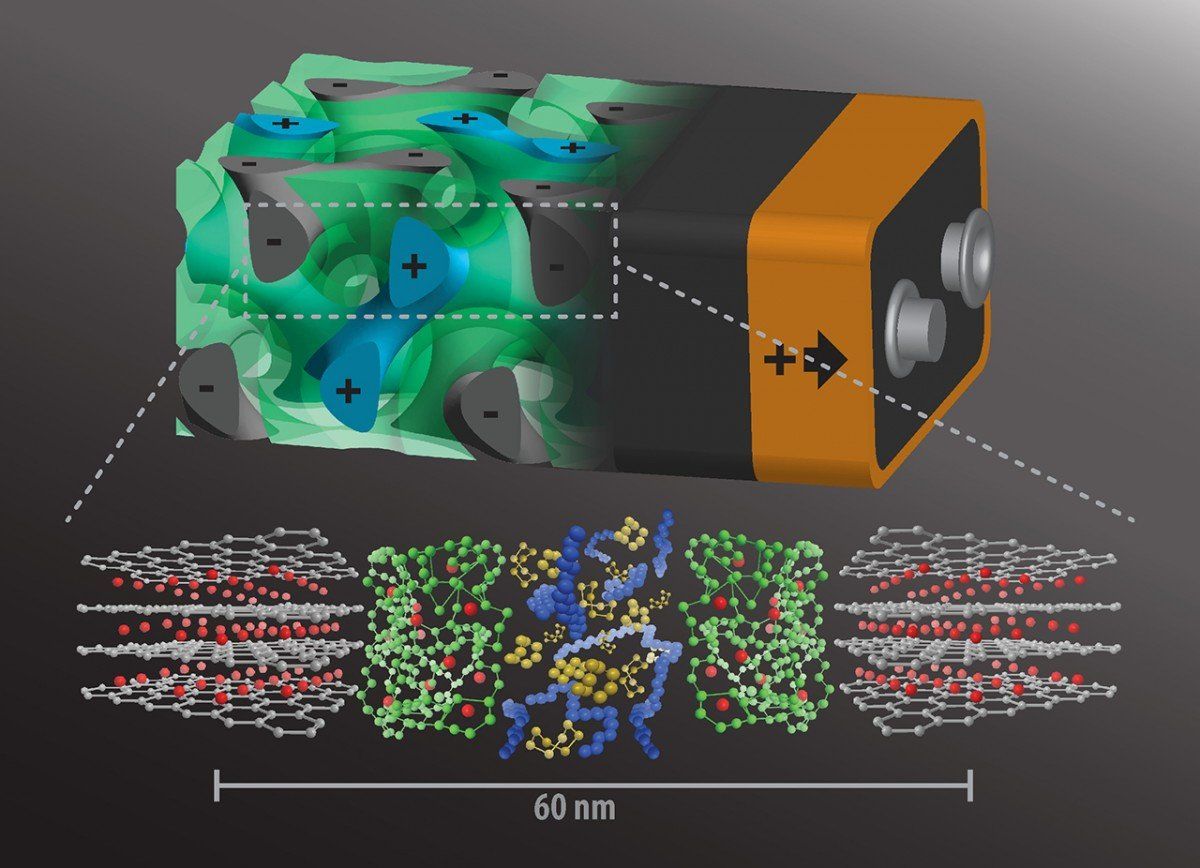May 18, 2018
Only 1 pct of Japan’s biggest coral reef healthy: survey
Posted by Bill Kemp in categories: food, government
Coral reefs are the fish nurseries and so without them there will be no fish!
Japan’s biggest coral reef has not recovered from bleaching due to rising sea temperatures, with only one percent of the reef in a healthy condition, according to a government study.
The overall volume of coral in Sekisei Lagoon in southwestern Japan near Okinawa had already plunged by 80 percent since the late 1980s due to rising water temperatures and damage caused by coral-eating starfish.
Continue reading “Only 1 pct of Japan’s biggest coral reef healthy: survey” »


















